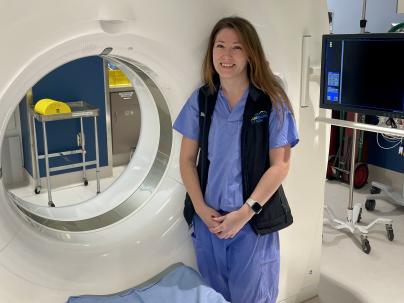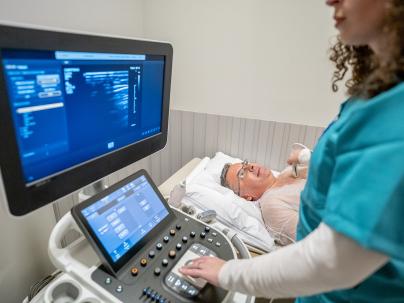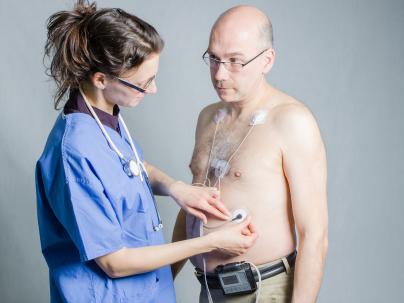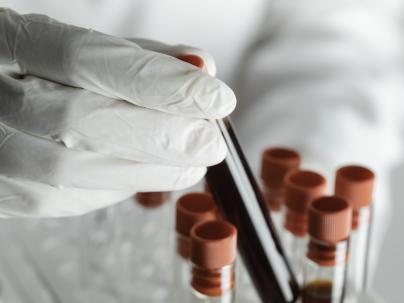Tests and medications after a stroke

Learn about different tests and medications you may have after a stroke.
Medications you may be prescribed
-
Anti-platelets
Anti-platelet medications work by preventing the platelets in your blood from clumping together and forming a blood clot. This reduces the chances of a heart attack or stroke.
If you have been prescribed an anti-platelet, you should not stop taking it unless your heart or stroke doctor has told you to stop.
-
Anticoagulants or “blood thinners”
Anticoagulants are medicines that are used to “thin” the blood to reduce the risk of blood clots forming. While these medicines may stop clots from forming or growing, it does not dissolve existing blood clots. The body naturally dissolves clots on its own over time.
If you have been prescribed an anticoagulant, you should not stop taking it unless your heart or stroke doctor has told you to stop.
-
Blood pressure medications
Maintaining good blood pressure control is important to reduce stroke risk. There are different types of blood pressure medications that work in different ways. Your medical team will help you find the one that is best for you.
-
Cholesterol-lowering medications
Statins are a group of medicines that help lower cholesterol levels in the blood. Statins work by reducing the amount of cholesterol made by the liver. A lower LDL cholesterol can reduce your chances of having a heart attack or stroke. Statins might also help your blood vessels become less still and inflamed.
If you are on this type of medicine, expect your doctor to ask you to go for blood tests regularly to check your cholesterol levels.








